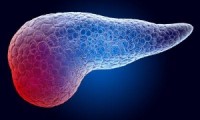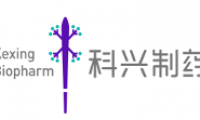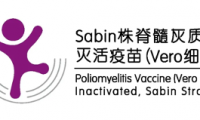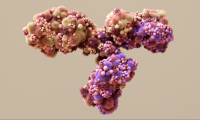-
UK charities condemn continued drug shortages
- Source: drugdu
- 406
- April 16, 2024
-
FDA approves new administration routes for Xcopri
- Source: drugdu
- 345
- April 16, 2024
-
Candel wins FDA orphan drug designation for pancreatic cancer drug
- Source: drugdu
- 349
- April 16, 2024
-
Enrollment of Subjects in Phase III Clinical Trial for Inhaled Aerosol Drug in Children by Kexing Biopharm
- Source: drugdu
- 366
- April 15, 2024
-
Sinovac Biotech Ltd.’s 5-dose Sabin Strain Inactivated Polio Vaccine Approved for Global Polio Eradication Efforts
- Source: drugdu
- 323
- April 15, 2024
-
GlobalData
- Source: drugdu
- 383
- April 15, 2024
-
Dr Reddy’s launches drug-free migraine management device Nerivio in Europe
- Source: drugdu
- 353
- April 15, 2024
-
Invenra, Astellas Launch Partnership Focused on Discovering Therapeutic Bispecific Antibodies
- Source: drugdu
- 504
- April 15, 2024
-
Pfizer Asks FDA to Approve RSV Vaccine for Adults as Young as 18 Years Old
- Source: drugdu
- 364
- April 15, 2024
your submission has already been received.
OK
Subscribe
Please enter a valid Email address!
Submit
The most relevant industry news & insight will be sent to you every two weeks.













